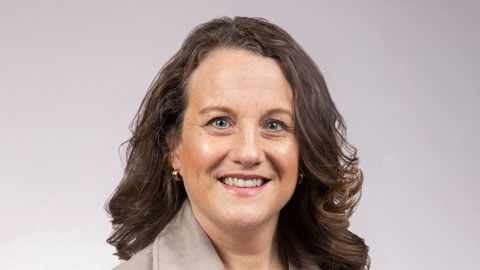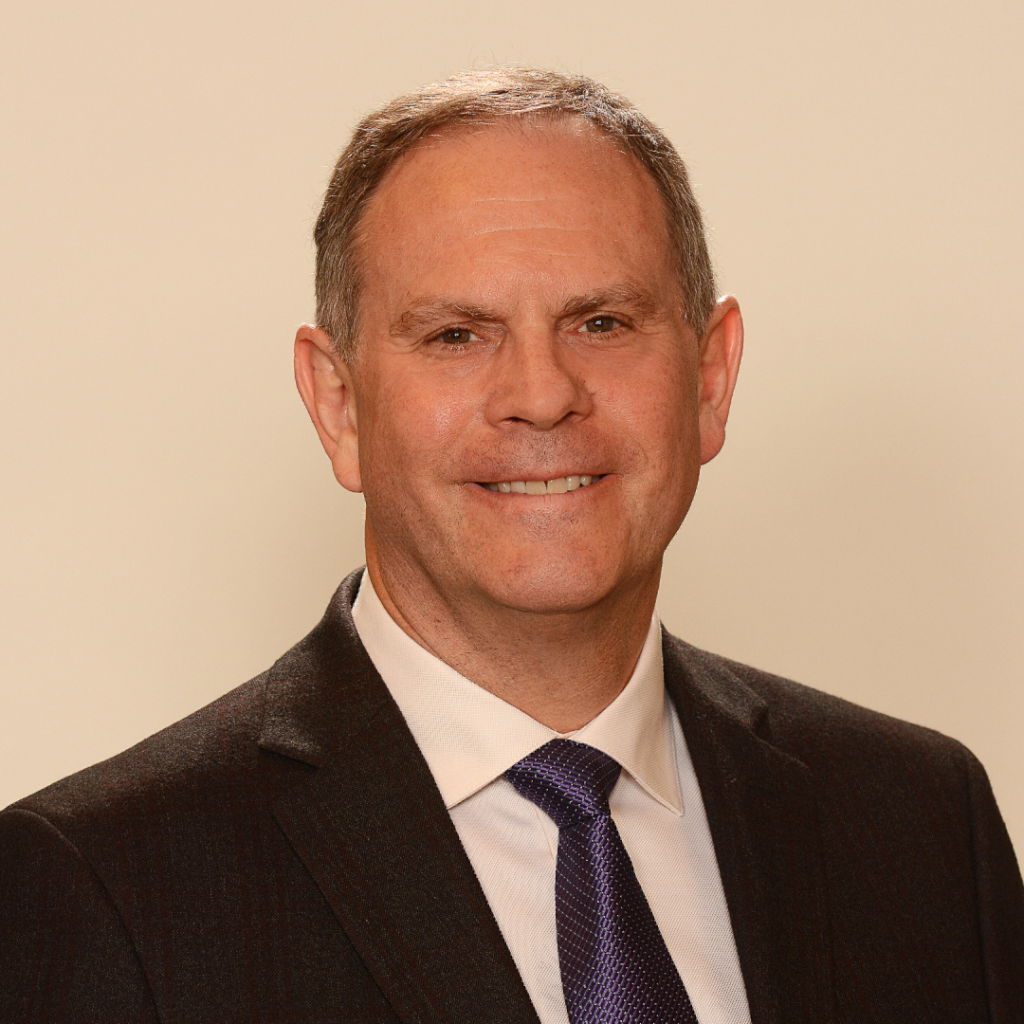News & Announcements
Perspectives in Respiratory Therapy
May 6, 2020
Perspectives in Respiratory Therapy
Ventilators have dominated headlines these past few months, due to the COVID-19 pandemic, but less has been said about the clinicians who use them to help patients breathe. Respiratory therapists do operate ventilators, but there’s much more to the profession than that. A bachelor’s degree in respiratory therapy can serve as a springboard to an incredibly fulfilling career in a variety of settings.
We’ve gathered stories from an RT faculty member, two alumni who have different career paths, and one RT student who is set to graduate this May.

Jennifer Keely
Associate Clinical Professor, University of Missouri
Mizzou respiratory therapy graduates have maintained a 100% pass rate on credentialing exams for many years, thanks to faculty members like Jennifer Keely. After 12 years of teaching respiratory therapy students, Keely is eager to educate the rest of us about the clinicians operating the ventilators we’ve heard so much about.
“Though I would never have asked for a worldwide pandemic to be the source of increased awareness about the profession, my hope is that more college students interested in the health professions will consider respiratory therapy,” says Keely, BHS ’01, M Ed ’12. “We help people breathe easier, and we run the machines that will take over when they can’t do it for themselves. I realize that I am biased, but how could people not think that is amazing?”
Bridale Robinson
Respiratory Therapists (RTs) are licensed medical professionals who specialize in providing healthcare for your lungs. The COVID-19 pandemic has increased awareness for the profession with the larger population learning just how vital a role RTs play in healthcare. As RTs are able to work in many different aspects of health (research, leadership, direct care, etc.), a degree in respiratory therapy can serve as a springboard to many fulfilling career paths.
Bridale Robinson, MHA, RCP, RRT-ACCS, LSSGB, chose the leadership route. After graduating from the School of Health Professions with his bachelor’s degree in respiratory therapy in 2015, Robinson went back for his master’s degree in health administration, also from Mizzou.
“We continue to receive constantly evolving information in regards to many facets of care. My days often consist heavily of directing, teaching, informing and resourcing for others within the hospital. Therefore, it can be very stressful at times when you find that you do not have the answer to every question and concern. Maintaining positivity at times like this truly helps.”

Jenna Miller
MU Senior
Although some students first learn of the respiratory therapy profession when they get to Mizzou, Jenna Miller has known that she wanted to be a respiratory therapist since eighth grade. Miller has lost two members to Cystic Fibrosis. As a respiratory therapist, she would be able to help people with CF manage their disease through breathing treatments, medications and other therapies.
“This profession gave my family hope in times of fear,” Miller says. “I want to be that for someone else.”
Robert Shaw
Vice President of Examinations, National Board for Respiratory Care

When Mizzou respiratory therapy graduates pursue their licenses to practice this May, they will take an examination whose design and content were guided by one of our own alumni. Robert Shaw, BHS ’82, M Ed ’84, PhD ’94, is the Vice President of Examinations at the National Board for Respiratory Care. Over the course of his career, he has been a student, a respiratory therapist, a professor and a psychometrician. Psychometricians who specialize in occupational credentialing, like Shaw, guide development of examinations to determine whether someone has sufficient knowledge to competently perform in a certain field.
Developing these examinations and especially establishing the pass/fail score is a heavy responsibility, and Shaw knows the stakes are high. These examinations set the bar that ensures clinicians are prepared to handle crises like COVID-19, and he takes this responsibility very seriously.
“You will find respiratory therapists at the cutting edges of research. Yes, they have clinical roles, but they are also coordinating and planning research studies, and helping determine what research questions the studies should examine. Respiratory therapy is not just about caring for extremely sick individuals, it’s also about creating the clinical research on which the future practice will be based.”